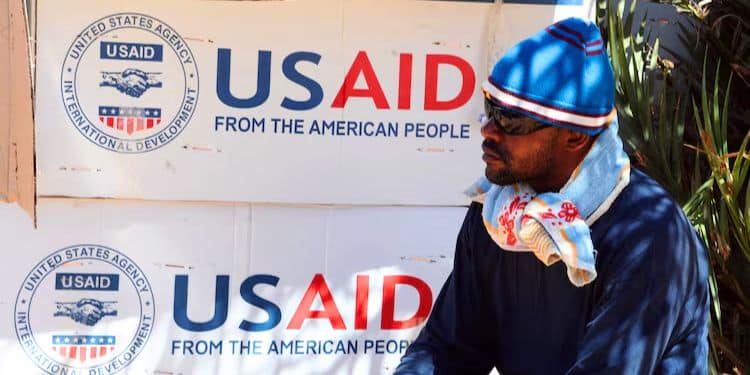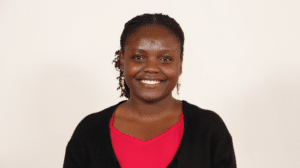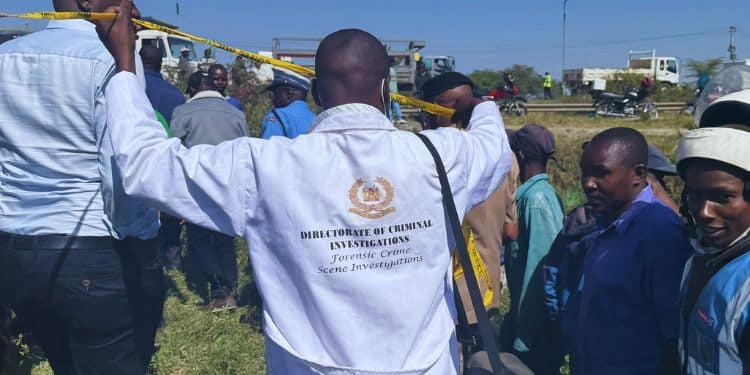America’s decision to freeze funding from the United States Agency for International Development (USAID) has beyond legal challenges, triggered deepening uncertainty for NGOs and governments who depend on the funding.
President Donald Trump in January stopped foreign assistance through USAID, affecting polio, HIV/AIDS programs, and other diseases in Africa. Although some exceptions have been made, many initiatives remain on hold.
A recent lawsuit against the Trump administration led to a judge issuing a temporary restraining order, blocking stop-work orders.
However, this ruling offers limited relief because aid organizations still need contracting officer approval before fully resuming operations.
“It will be a long slog,” said Marcia Wong, former Deputy Assistant Administrator for Humanitarian Assistance at USAID.
She explained to The Kenya Times’s Joy Kwama that even if legal barriers are lifted, financial systems must be unlocked to cover salaries, operational expenses, and local staff support.
“They put almost 500 people on administrative leave. They cut most of the staff’s access to the computer system. So even if you were trying to reach your contracting officer, they wouldn’t be able to see your emails. Most of the staff are certainly not allowed to talk to the press.”

As the courtroom battle unfolds, affected humanitarian Non-Governmental Organizations (NGOs) and governments are at a crossroads to care for those whose lives are on the line.
Adapting or scrambling for alternative funding seems like the next two big next steps.
Also Read: 15 Top Organizations That Benefit from USAID, Where the Money Goes
What Next for USAID Funded Organisations?
If the USAID freeze persists, Wong warns, governments across Africa and beyond will be forced to explore new revenue streams, including tax hikes and subsidy removals.
“Governments will have to make very difficult decisions, removing subsidies on essentials like fuel and food may become unavoidable. And that will be devastating for the people. But in moments like these, only tough choices remain,” Wong said.
Meanwhile, Dr. Jirair Ratevosian, former Chief of Staff at the United States President’s Emergency Plan For AIDS Relief (PEPFAR), sees this crisis as a wake-up call for African nations to prioritize self-sufficiency in health financing.
“This is an opportunity for African governments to strengthen domestic investment in health, ensuring ownership and sustainability. Done right, it will create lasting benefits, not just for HIV, but for broader health security.”
He has urged governments to increase health budgets, introduce targeted health taxes, and expand insurance schemes to build resilient health systems independent of volatile foreign aid.
At the same time, African countries might have to seek support from alternative donors such as China, the European Union, the African Development Bank and philanthropic organizations.
However, Wang noted that the focus and conditions of such partnerships may differ from traditional Western aid models, therefore African governments must make careful considerations.
Also Read: EXCLUSIVE: USAID Employees in Kenya Sent Home with No Salaries
How Bad Is the Impact of the Freeze
The future of PEPFAR is uncertain, with budget constraints reshaping HIV/AIDS treatment, prevention, and research, Dr. Jirair told Joy Kwama that the stakes couldn’t be higher.
“PEPFAR is unlikely to remain the same program we have known in the past. Budget constraints will reshape treatment, prevention, and care, and the challenge will be adapting without compromising lifesaving services,” Dr. Jirair warned.
Among the hardest-hit initiatives are voluntary medical male circumcision (VMMC), orphans and vulnerable children (OVC) programs, and the DREAMS initiative for adolescent girls and young women, all critical for epidemic control. Their suspension threatens to stall long-term progress.
Also, prevention efforts have suffered the most. Clinics are closing, patients are being turned away, and vital HIV trials have been put on hold.
Gordon Gray, Professor at George Washington University’s Elliott School of International Affairs warned that abrupt policy shifts, like the USAID funding freeze, raise serious concerns about the United States’ reliability as a global partner.
“Global stability depends on U.S. development assistance, from emergency food relief to PEPFAR. USAID plays a critical role in deploying this aid, and weakening or dismantling it will do more than just disrupt humanitarian efforts,” Gray said.
He emphasized that such moves could have broader geopolitical consequences, emboldening authoritarian regimes and undermining America’s global influence.
“Slashing USAID’s capabilities sends the wrong signal. It weakens U.S. leadership on the world stage and hands a victory to autocrats who would rather see America retreat from its commitments.”
Is USAID as Wasteful as Trump Claims?
On whether USAID has been wasteful, Wong dismissed the claims, pointing to the agency’s long history and role in life-saving humanitarian work.
“USAID is a 64-year-old agency. Sure, some programs may not have had the intended impact, but when it comes to life-saving assistance, I would expect any administration to see that as worthwhile. No one takes this funding lightly,” Wong said.
“In the humanitarian space, Diversity, Equity, Inclusion, and Accessibility (DEIA) often translates to meaningful community engagement. Some may see that as wasteful, but I’d argue it strengthens our understanding and makes aid more inclusive.”
Moreover, while addressing the abrupt removal of USAID Inspector General Paul Martin, Policy Director for Foreign Policy for America Brian Volsky said that the funding freeze is more than just about tackling waste.
“Let’s be honest, if any other president had fired an inspector general the day after they issued a report critical of the administration, there would be a bipartisan outcry in Congress,” Volsky said.
Martin’s dismissal came just a day after his report exposed the devastating impact of the aid freeze and staffing cuts on oversight of humanitarian programs, raising serious concerns about political retaliation.
“This should put to rest any claims that these attacks on USAID were about tackling waste or abuse in foreign assistance programs. Removing an inspector general for doing their job only weakens accountability and sends a chilling message to oversight bodies across the government,” Volsky warned.
Follow our WhatsApp Channel and join our WhatsApp Group for real-time news updates













































































